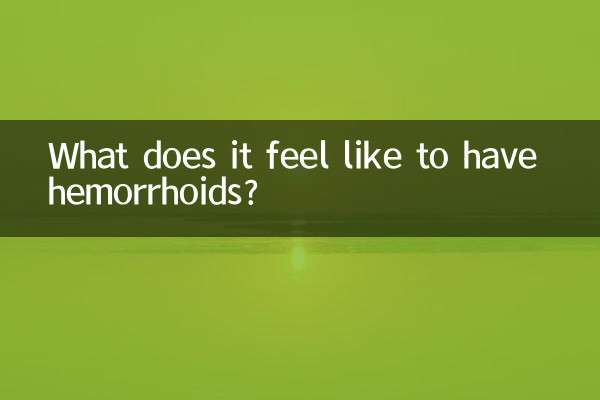What medicine can I take for gastroenteritis?
Recently, gastroenteritis has become one of the hot health topics. Especially when the seasons change or the diet is improper, the number of patients increases significantly. This article will combine the hot content of the entire Internet in the past 10 days to introduce you to the selection of therapeutic drugs for gastroenteritis in detail and provide structured data reference.
1. Common symptoms of gastroenteritis

Gastroenteritis mainly manifests as diarrhea, abdominal pain, nausea, vomiting and other symptoms. In severe cases, it may be accompanied by fever and dehydration. Depending on the cause, gastroenteritis can be divided into viral, bacterial and non-infectious (such as improper diet or drug stimulation).
2. Infusion treatment drugs for gastroenteritis
For patients with moderate to severe gastroenteritis, especially when symptoms of dehydration occur, infusion therapy is an effective way to quickly relieve symptoms. The following are common infusion drug options:
| drug type | Representative medicine | function | Applicable situations |
|---|---|---|---|
| rehydration salts | Physiological saline, glucose saline | Correct dehydration and replenish electrolytes | Mild to moderate dehydration |
| antiemetics | Metoclopramide injection | Relieve nausea and vomiting | Patients with frequent vomiting |
| antibiotics | Levofloxacin, cephalosporins | Kill pathogenic bacteria | bacterial gastroenteritis |
| nutritional support | Amino acid injection, vitamins | Provide nutritional support | Patients who are unable to eat for a long time |
3. Precautions in the treatment of gastroenteritis
1.Identify the cause: Viral gastroenteritis usually does not require antibiotic treatment, and misuse of antibiotics may lead to intestinal flora imbalance.
2.Prioritize rehydration: For dehydrated patients, rehydration therapy should be the first priority, especially children and the elderly.
3.diet modification: During treatment, you should choose light and easy-to-digest food and avoid greasy and spicy foods.
4.Observe closely: If symptoms last for more than 3 days or serious symptoms such as high fever or bloody stools occur, you should seek medical treatment in time.
4. Preventive measures for gastroenteritis
1.Pay attention to food hygiene: Avoid eating unclean food and wash your hands before meals and after using the toilet.
2.Reasonable meals: Avoid overeating and reduce intake of raw and cold food.
3.Enhance immunity: Regular work and rest, proper exercise, improve body resistance.
4.Vaccination: Vaccination may be considered against certain pathogens, such as rotavirus.
5. Recent popular topics related to gastroenteritis
| topic | heat index | Main discussion points |
|---|---|---|
| Gastroenteritis care for children | 85 | How to judge the degree of dehydration and key points for home care |
| Antibiotic use controversy | 78 | Are antibiotics necessary and the dangers of misuse? |
| Gastroenteritis dietary recommendations | 72 | BRAT diet, recovery diet |
| Traveler’s Gastroenteritis Prevention | 65 | Travel medication preparation, water safety |
6. Summary
The treatment of gastroenteritis requires the selection of appropriate drugs based on the cause and severity of symptoms. Infusion therapy is mainly used for moderate to severe patients, mainly to replenish fluids and correct electrolyte imbalance, supplemented by antiemetic, anti-infection and other drugs when necessary. Prevention is better than cure, and maintaining good hygiene and a healthy lifestyle is key to avoiding gastroenteritis.
Special reminder: This article is for reference only. Please follow your doctor’s advice for specific medication. If symptoms persist or worsen, please seek medical treatment promptly.

check the details

check the details